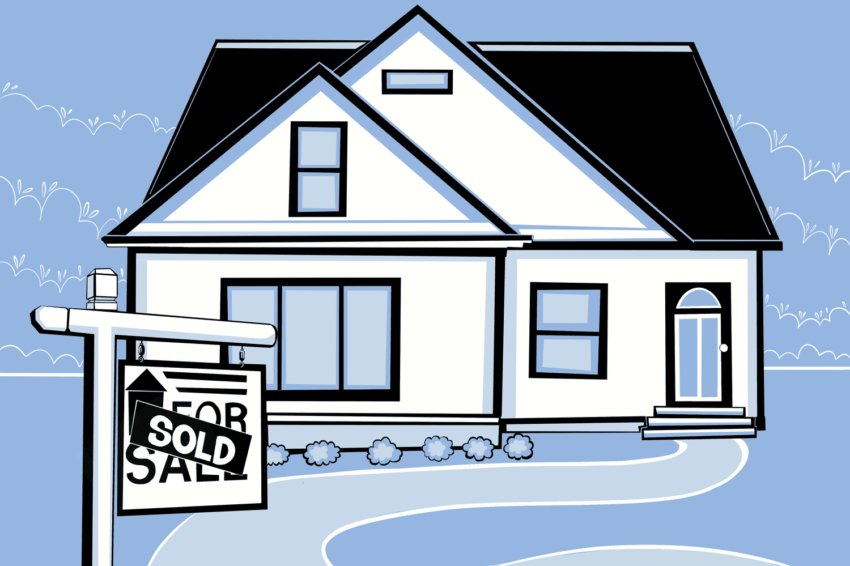Inflation can have both direct and indirect effects on the real estate market. Here’s how inflation can impact real estate, as well as some ways to hedge against higher interest rates when buying a home:
- Impact on Real Estate Prices: Inflation can contribute to rising real estate prices. As the general price level increases, the cost of construction materials, labor, and other inputs for real estate development can rise, leading to higher property prices. Additionally, inflation erodes the purchasing power of currency, which can drive up demand for tangible assets like real estate as investors seek to preserve their wealth.
- Mortgage Interest Rates: Inflation can influence interest rates, including mortgage rates. When inflation rises, central banks may respond by increasing benchmark interest rates to control inflationary pressures. Higher interest rates make borrowing more expensive, including mortgage loans, which can impact affordability for homebuyers.
To hedge against higher interest rates when buying a home, consider the following strategies:
- Lock in a Fixed-Rate Mortgage: Opt for a fixed-rate mortgage rather than an adjustable-rate mortgage (ARM). With a fixed-rate mortgage, the interest rate remains constant over the loan term, providing stability and protection against rising rates. This allows you to have a predictable payment amount unaffected by interest rate fluctuations.
- Explore Rate-Lock Options: Some lenders offer rate-lock options that allow borrowers to secure an interest rate for a specified period, typically during the loan application process. This can protect you from potential rate increases while your mortgage application is being processed.
- Improve Your Credit Score: A higher credit score can potentially qualify you for better interest rates. Prioritize improving your credit score by paying bills on time, reducing debt, and maintaining a good credit utilization ratio. A better credit score may help secure a more favorable interest rate on your mortgage.
- Consider Buying Points: Mortgage points are fees paid upfront to lower the interest rate on your loan. Each point typically costs 1% of the loan amount and can lower the interest rate by a specific percentage. Depending on your circumstances, it might be beneficial to pay points to reduce your long-term interest expenses.
- Save for a Larger Down Payment: A larger down payment reduces the loan amount, which can potentially result in a lower interest rate. It also demonstrates financial stability and lowers the lender’s perceived risk, which may help negotiate a more favorable rate.
It’s important to consult with a mortgage professional or financial advisor to discuss your specific situation and explore the available options for hedging against higher interest rates in the context of your home purchase.
